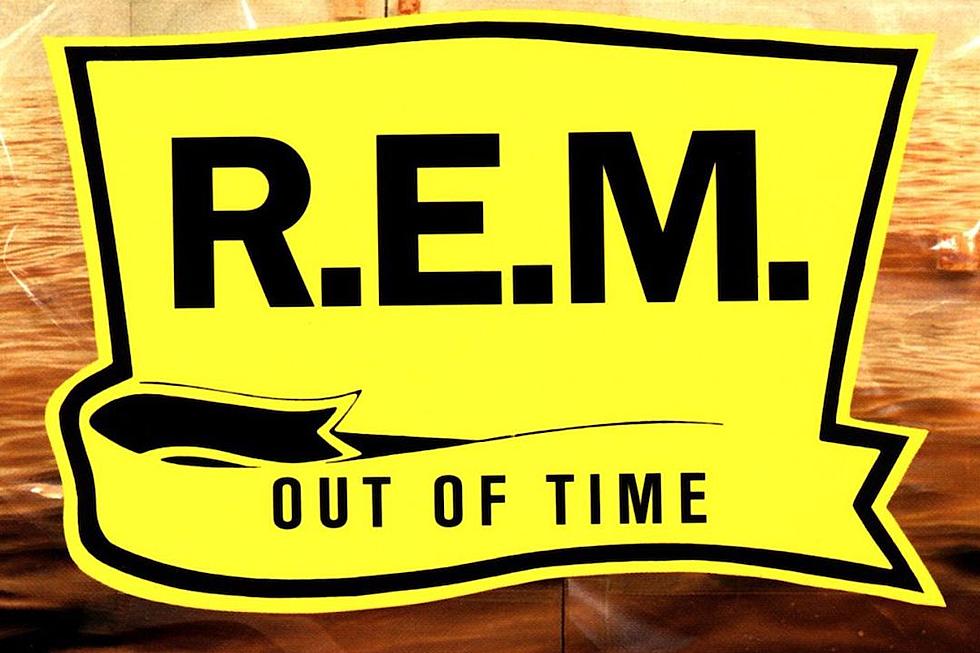
Instant Expert: R.E.M.
You’ve seen them at parties, lurking in the corner, waiting to engage in battle disguised as conversation. They’re indie rock know-it-alls, and no matter what band or musician you mention, they’ve got an opinion — strong and almost certainly negative — ready to ram down your throat. With Instant Expert, we offer preparation for these very situations. Each Thursday, in advance of your weekend carousing, we pick an artist and provide a quickie career overview, highlighting both prevailing critical opinions and the inevitable contrarian counterarguments. Even if you’re completely unfamiliar with the music, you’ll be able to bluff your way through and defend your indie cred. This week: R.E.M..
- Anton Corbjin
Anton Corbjin The Gist
R.E.M. went through three distinct stages during their 30-year-career: indie-rock pioneers, big-label rock giants and washed-up nostalgia act. Starting with 1981's debut single, 'Radio Free Europe,' and ending with 2011's 'Collapse Into Now' (which they released six months before they broke up), the band built a catalog of influential records, including 15 albums, and commercial hits. They had two No. 1 albums -- 1991's 'Out of Time' and 1994's 'Monster' -- and three Top 10 hits, including 'Losing My Religion,' their biggest. But it's their early records -- especially the 1983 debut album 'Murmur' -- that sealed their legacy. Within three years, roughly 70 percent of college radio would sound like R.E.M. They got bigger and better over the years, eventually signing a gazillion-dollar record contract with a major label, which made them even bigger, but not necessarily better. By the end of the '00s, they were barely holding on to that legacy, as the records became boring and the concerts routine.
Critical Consensus
The band's 1983 debut album 'Murmur' pretty much launched the indie-rock scene. Even though Michael Stipe mumbles almost every single word that comes out of his mouth, that's part of R.E.M.'s appeal. They force you to listen and draw your own conclusions as to what their songs mean. But that hasn't stopped Stipe from telling people they're wrong over the years. There are also some tasty pop hooks in some of these songs, especially in 'Sitting Still' and the pretty 'Talk About the Passion.'
Contrarian Counterargument
'Murmur' is too cryptic. What is Michael Stipe even singing about? 'Automatic for the People,' from 1992, is their best album because they finally hit on a subject -- death -- that everyone can understand.
Counter-counterargument
'Monster' is a real rock album. This is the kind of record, with lots and lots of loud guitars, they should have been making from the start.
- Cass Bird
Cass Bird Whatever You Do, Don’t Say This
If you pay close enough attention to 'Murmur,' you can make out every word Michael Stipe sings. It's not too hard then to figure out what the songs are about.
More From Diffuser.fm









